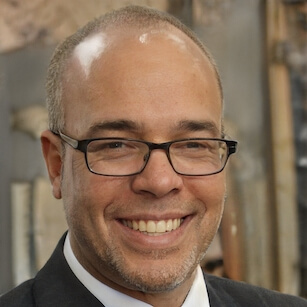1. Conduct market research: I would start by analyzing the competitive landscape, identifying our target audience, and understanding their needs and pain points. This would help me tailor our product messaging and sales pitch accordingly.
2. Develop a unique value proposition: To stand out from the competition, I would focus on creating a strong value proposition that highlights our product's unique features and benefits. I would also ensure that this messaging is consistent across all sales channels and marketing materials.
3. Create a targeted list of prospects: Based on the research, I would identify high-potential prospects and segment them into different categories based on their needs, industry, and potential value to our company.
4. Develop a tailored sales approach: For each prospect segment, I would develop a customized sales approach that addresses their unique needs and pain points, and demonstrates how our product can solve their problems.
5. Train the sales team: I would ensure that our sales team is well-trained on the product, its unique selling points, and the tailored sales approach for each prospect segment.
6. Monitor and adjust: After the launch, I would keep a close eye on sales performance, gather feedback from the sales team and customers, and make necessary adjustments to our sales strategy as needed.










